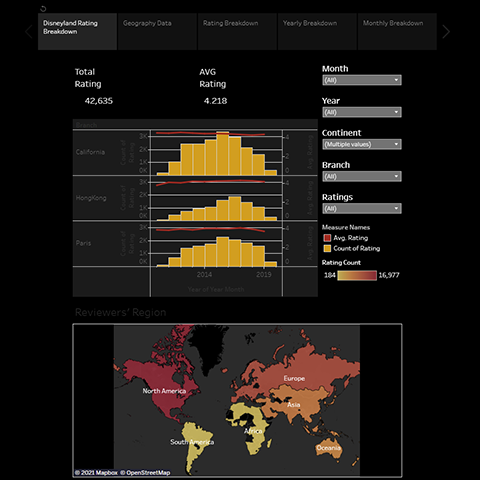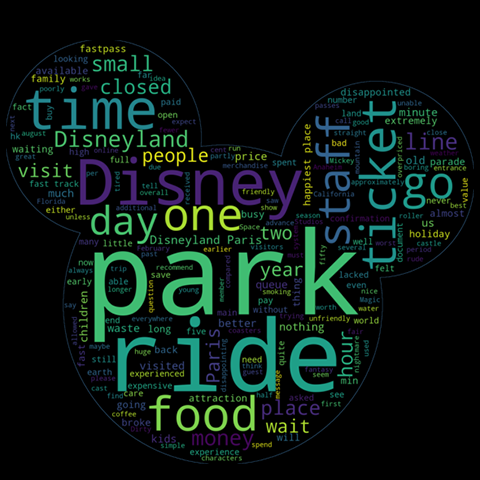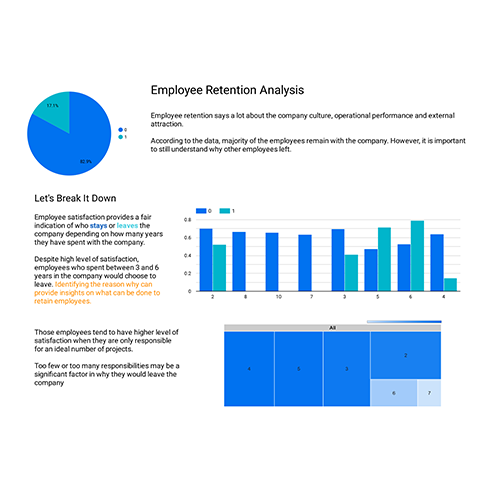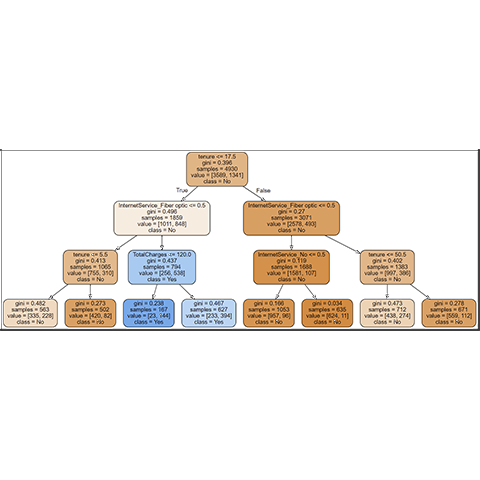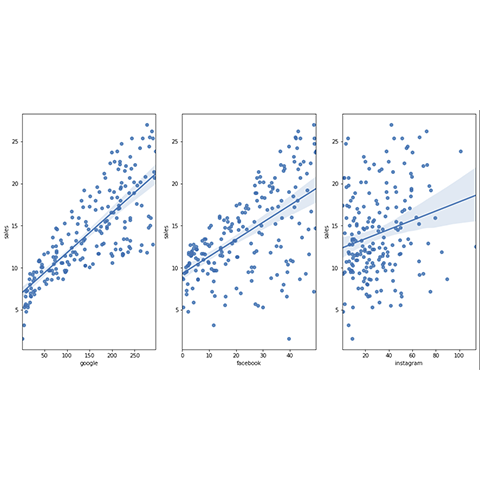Areas of Interest
Game Development
I utilize in-depth knowledge of game development and apply them to the process of developing solutions in the pipeline.
Data Analytics
I enjoy taking on challenges. Exploring big data is a good opportunity to get straight to a problem and solving it is its own reward.
Machine Learning
I am passionate about exploring the depths of what ML can accomplish.
Collaboration
I enjoy working with other people and combining a creative capacity that exceeds my own, and creating greater results.
Web Scraping
Scraping pages allows me to gather data and tackle challenges unique to each website.
